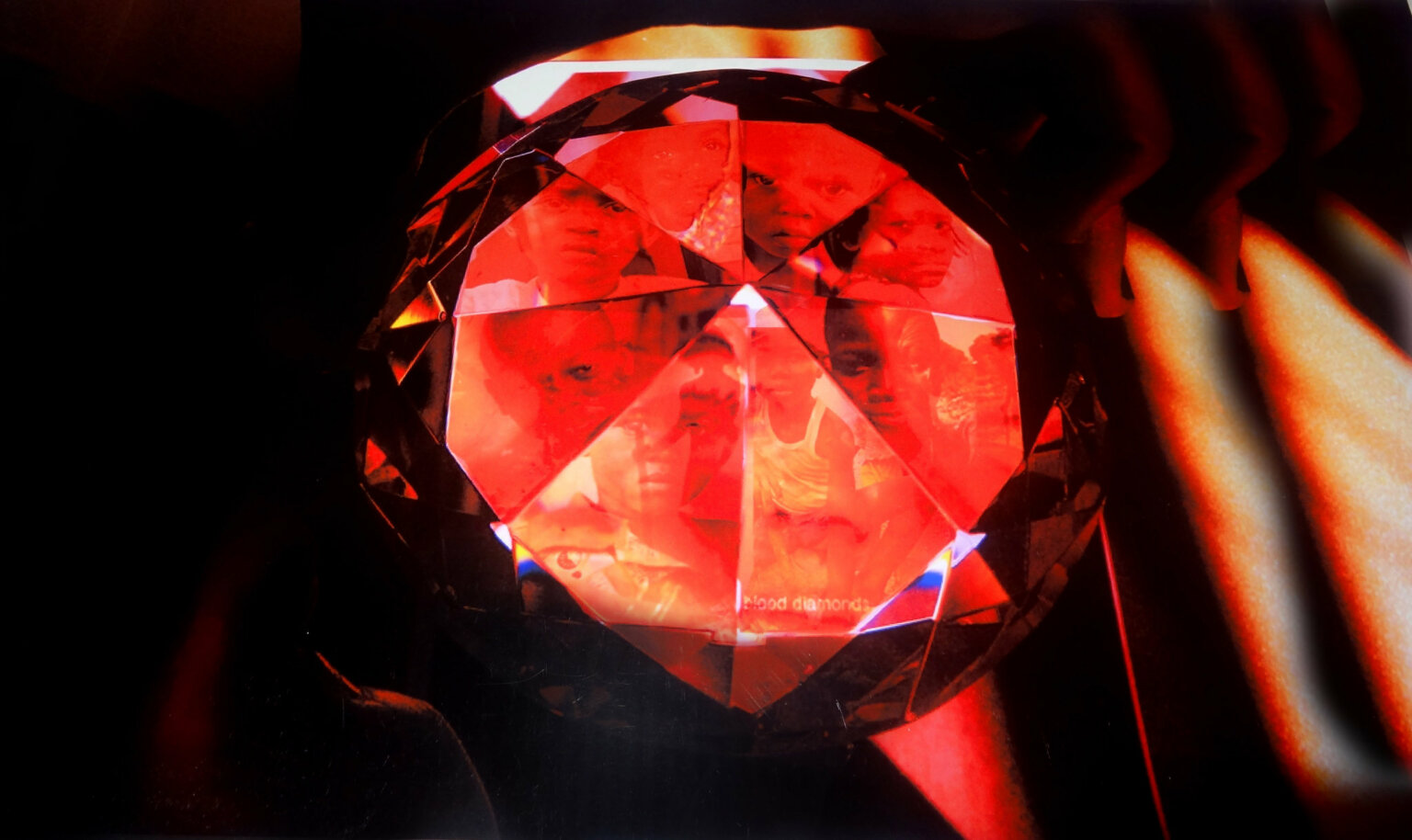- About
- Topics
- Picks
- Audio
- Story
- In-Depth
- Opinion
- News
- Donate
-
Signup for our newsletterOur Editors' Best Picks.Send
Read, Debate: Engage.

| topic: | Transparency and Corruption |
|---|---|
| located: | Democratic Republic of the Congo, Republic of the Congo |
| editor: | Bob Koigi |
Despite numerous spirited efforts to tame the illicit gold trade in Democratic Republic of Congo, including international sanctions of illegal traders, businessmen and companies that have adversely been mentioned in mineral smuggling, businesses are still thriving and the unlawful trade continues unabated. Recent reports have sounded the alarm on the growing threats the trade continues to pose to the nation’s economy, livelihoods and the environment while fanning decades-long conflicts that have claimed thousands of lives and displaced tens of thousands more.
A well-oiled racket has perfected the art of undervaluing exports and exploiting the porous borders to smuggle the minerals to neighbouring countries where it then becomes easier to transport the gold to international markets. This has robbed the government of the Central Africa nation of the much needed revenue to provide vital services to its population in a country where the poverty rate stands at 70 per cent. In 2019, an estimated 1.1 tonnes of gold was smuggled out of Ituri, one of the gold producing provinces, denying the government some $1.8 million in taxes according to a report by the UN Group of Experts on the Congo.
The mines are small scale and rely on crude processing with no sophisticated machinery in what is dubbed artisanal mining. These mines, estimated to be about 1,000, employ some 200,000 people. Exploitation, war and sale of conflict minerals is the order of the day. Militia groups and criminal gangs take advantage of the miners’ desperation to poorly pay and overwork them, encourage child labour which is deemed cheap and use the proceeds of the sale to fund their activities and sustain conflict to create anarchy. Gold is said to be the key source of financing for the armed groups. While DR Congo’s production of artisanal gold stands at ten tons each year, only 200 kg is exported legally with the rest being smuggled across neighbouring countries.
Attempts to tame the illegal trade through legislation, licensing of miners, sanctions and introduction of an international traceability system haven’t yielded desirable results. Yet they remain efficient and novel initiatives. To buttress their initial intention requires that they are given more enforcement teeth and backed by strategic cooperation between the government of DR Congo and its neighbours in enforcing stricter border patrols and checks while introducing legislation specifically targeting smugglers and companies involved in the racket. Political will is the first and most crucial step in stopping the bloody diamond trade in Democratic Republic of Congo.
Image by DWilliams
